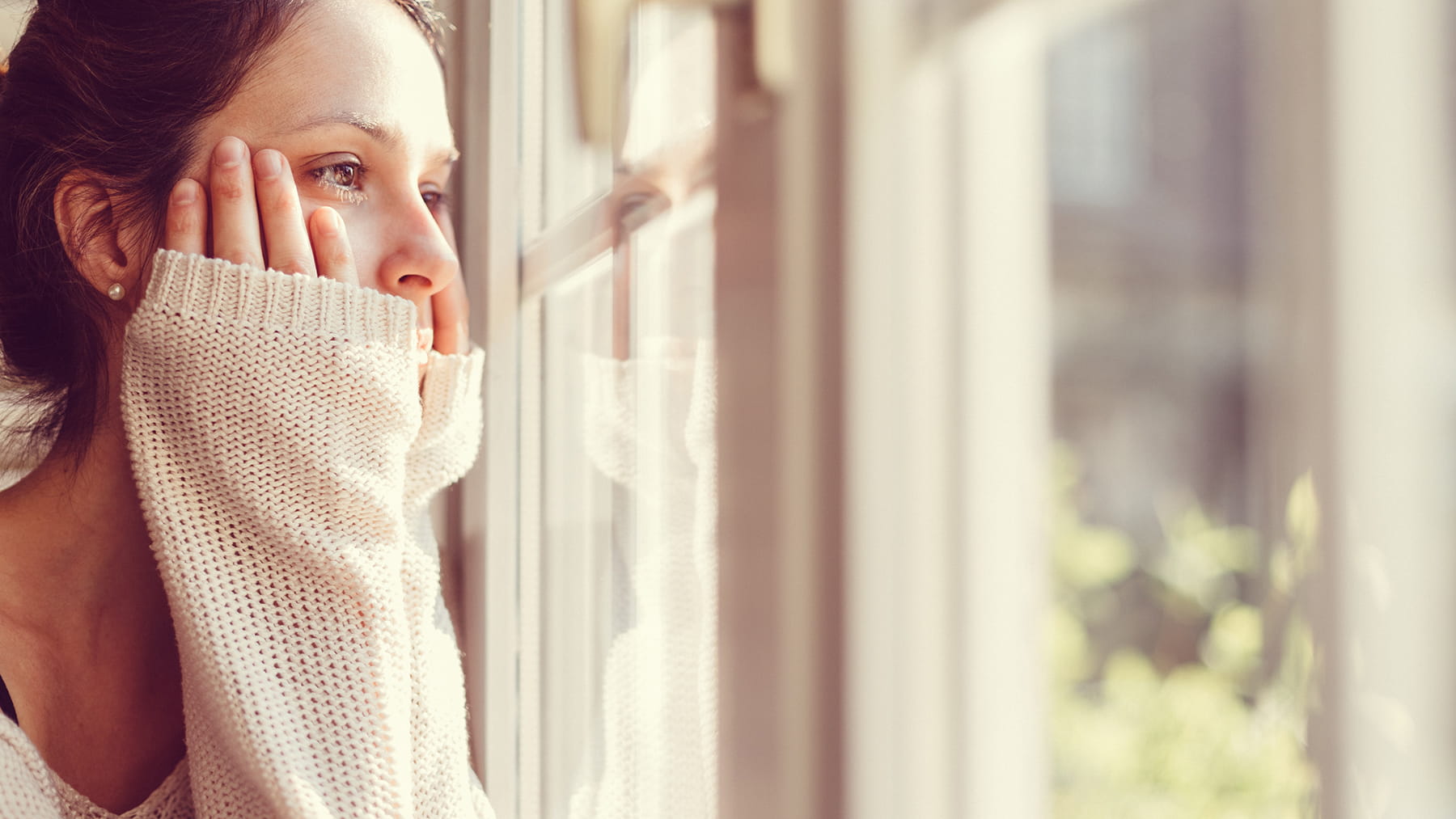Anxious about returning to the post-pandemic world? You’re not alone

Mask or no mask? Who's vaccinated and who isn’t? Why are COVID-19 hospitalizations up again? Is a hug OK? How dangerous is this new variant?
These are questions running through the minds of many people as we return to a “normal,” post-COVID-19 world. Backyard barbecues, concerts, weddings, sporting events, fairs and so many other summer celebrations are back on, as well as a return to the office for many Americans. For some who have been diligent in avoiding social gatherings and crowds for so long, this return to a normal lifestyle isn’t easy.
We’ve seen an increase in individuals expressing anxiety about COVID-19 restrictions being lifted. Many have described confusion about when and where masks should be worn. They’ve expressed anxiety about how people are looking at them in places where masks aren’t even required. Fears about the fast-spreading delta variant have caused some to rethink which events they’re willing to attend. A strong desire to connect with others is being hampered by anxiety over their risk of getting COVID-19, even though they’ve been vaccinated.
It’s likely anxiety will last as long as there are still many cases of infection. Anxiety thrives within an environment of uncertainty.
We’re living in unprecedented times, and anxiety and depression levels are through the roof. Over the duration of the pandemic, one in four people have reported that they or a family member lost their job. Daily schedules have been interrupted with many working remotely and juggling work, children and household in the same setting. Online interactions have replaced in-person ones. These are remarkable behavior-pattern shifts.
To gauge the nation’s mental health, the National Center for Health Statistics has partnered with the Census Bureau on surveys of Americans. The findings are telling. Previously, in 2019, 12-15% of participants said they were experiencing anxiety, depression or both. During the peak of the pandemic, it increased to 43%. That’s a huge jump — but hardly surprising, since many were watching daily news reports about COVID-19 death counts and rising unemployment rates.
Jumping back into society won’t be easy for everyone. If you’re feeling anxious or depressed, you’re not alone. It’s important to find ways to reduce your anxiety and depression.
With the return of travel and in-person visits, and with mask confusion and a labor shortage, our lives are filled with potential landmines that can trigger anxiety and depression. For some, what manifests as anger is actually depression.
Here are some tips to help you or a loved one cope with the idea of returning to everyday activities:
- Focus on the moment. You can do this by grounding yourself in your surroundings. If in your car, focus on how the doors are locked, you’re buckled in and you’re safe. Or if in the house, focus on how you’re in your favorite chair looking at your belongings. Since this is safe and familiar, you can carry this feeling along with you as you move outside of the house.
- Remember to breathe. If you start experiencing very shallow breathing like panting, your anxiety level is likely going up. Deep breathing always helps calm you down. Take a deep breath and hold it for three seconds, exhale slowly and then hold your breath for three seconds before taking another deep breath. Continue the process until your breathing is consistent and slow.
- Lean on a buddy. If you have concerns about where you’re going, take a friend with you. Not going it alone is a great way to begin re-entering the activities of the post-pandemic era.
- Eat healthy. Focus on a healthy diet with lots of protein, grains and vegetables. Stay away from stress-snack foods and beverages like chips, sugary treats and alcohol.
- Identify your stress reducer. Think about what you've done in the past to reduce your stress or depression. That could be meditating, cooking a healthy meal, taking a walk or contacting a friend. These are great ways to help you work through what you’re going through.
- Take time to transition. If you’re not ready to ditch your mask or be around a lot of people, that’s OK. You’re the one in charge of your mental and physical well-being, and limiting in-person interactions may help you better transition back into a bustling world.
- Seek help. If you find nothing is working and you’re still anxious or depressed, it may be time to get professional help from your family physician or a licensed counselor. It’s important to remember that it’s OK to have some anxiety or depression — the key is for it not to overwhelm you.




